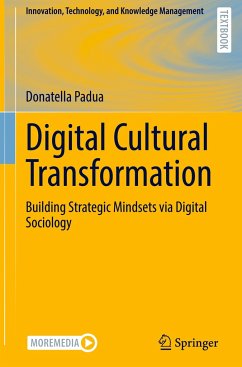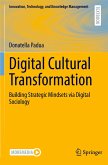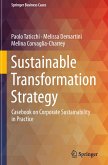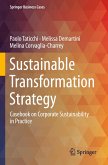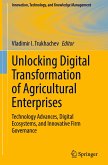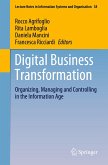The hypercomplex digital-technological environment is exponential and revolutionary. Our social mindset adaptation, instead, is slower and evolutionary, as an individual's or an organization culture needs time to transform. This book offers students, institutions, and organisations innovative and interdisciplinary digital sociology tools to help build an adaptive, flexible, imaginative social mindset in order to cope with such a gap and to match a sustainable digital transformation (DT).
By disrupting traditional linear approaches to understand the context into which business models are designed, institutions and students are challenged with innovative transdisciplinary holistic models grounded into business case studies. If the book stimulates students to learn how purposefully and autonomously to explore the web, to grasp the deeper meaning of DT and its social impact, institutions are solicited to answer to direct quests that go right to the core of their transformative DNA as: 'How effectively are you carrying on DT in a sustainable, people-centred way? Which is your socio-cultural DT profile and what are your DT areas of strength and areas of improvement?'
In this frame of work, the innovative Four Paradigm Model indicates new coordinates and provides original tools to profile an institution's digital transformation strategy, to analyse it, and measure the level of sustainable socio-economic value. Sample syllabi, PowerPoint slides and quizzes are available online to assist in the teaching experience.
By disrupting traditional linear approaches to understand the context into which business models are designed, institutions and students are challenged with innovative transdisciplinary holistic models grounded into business case studies. If the book stimulates students to learn how purposefully and autonomously to explore the web, to grasp the deeper meaning of DT and its social impact, institutions are solicited to answer to direct quests that go right to the core of their transformative DNA as: 'How effectively are you carrying on DT in a sustainable, people-centred way? Which is your socio-cultural DT profile and what are your DT areas of strength and areas of improvement?'
In this frame of work, the innovative Four Paradigm Model indicates new coordinates and provides original tools to profile an institution's digital transformation strategy, to analyse it, and measure the level of sustainable socio-economic value. Sample syllabi, PowerPoint slides and quizzes are available online to assist in the teaching experience.

